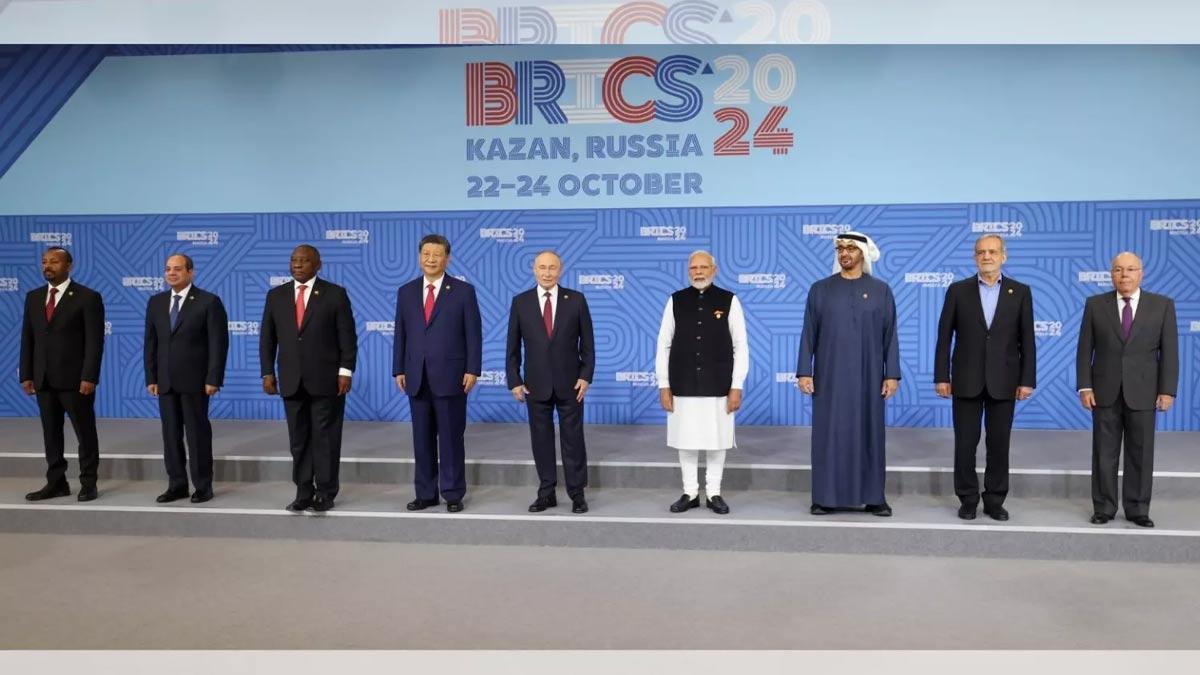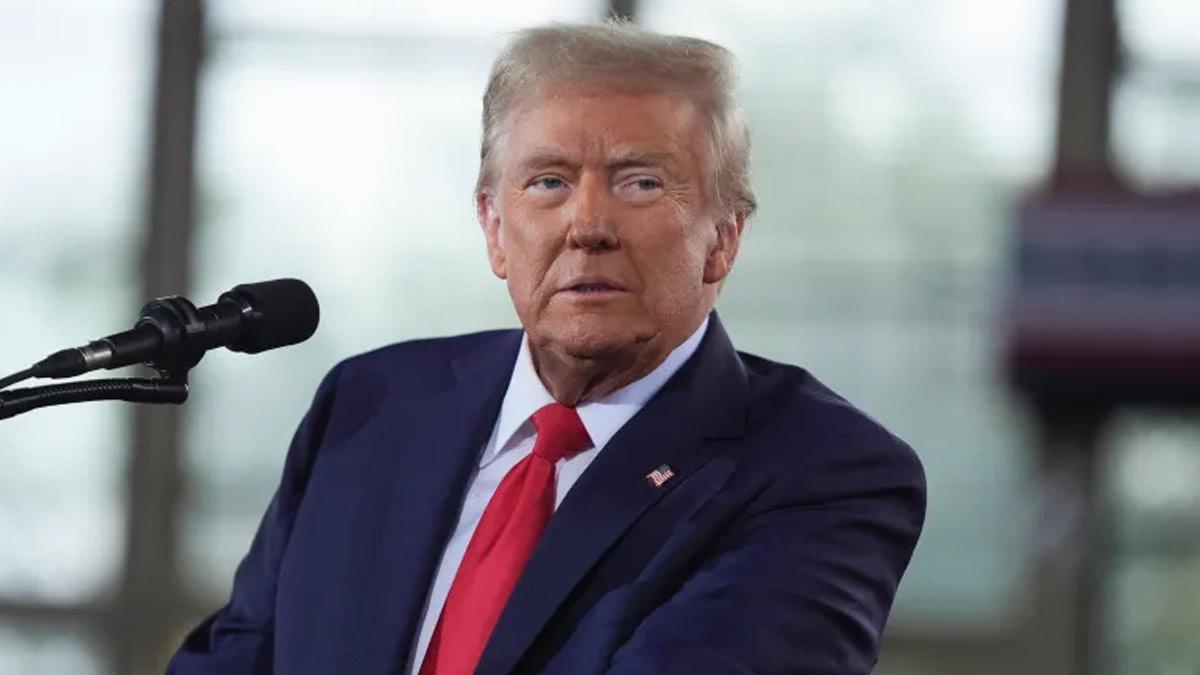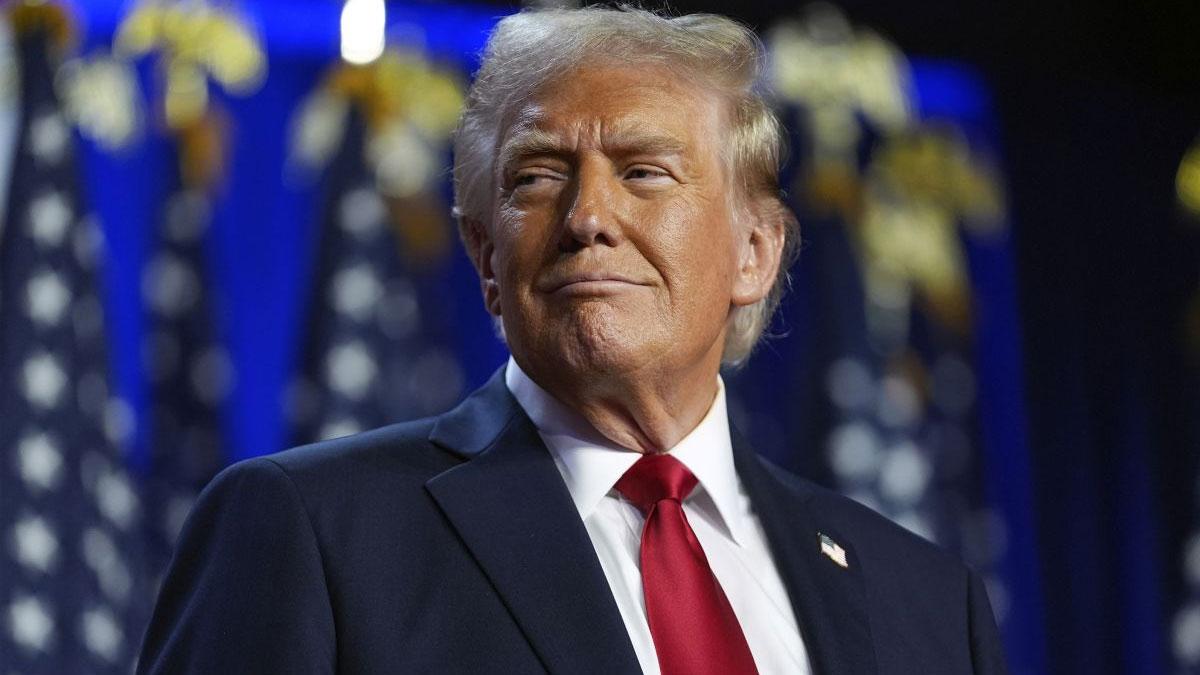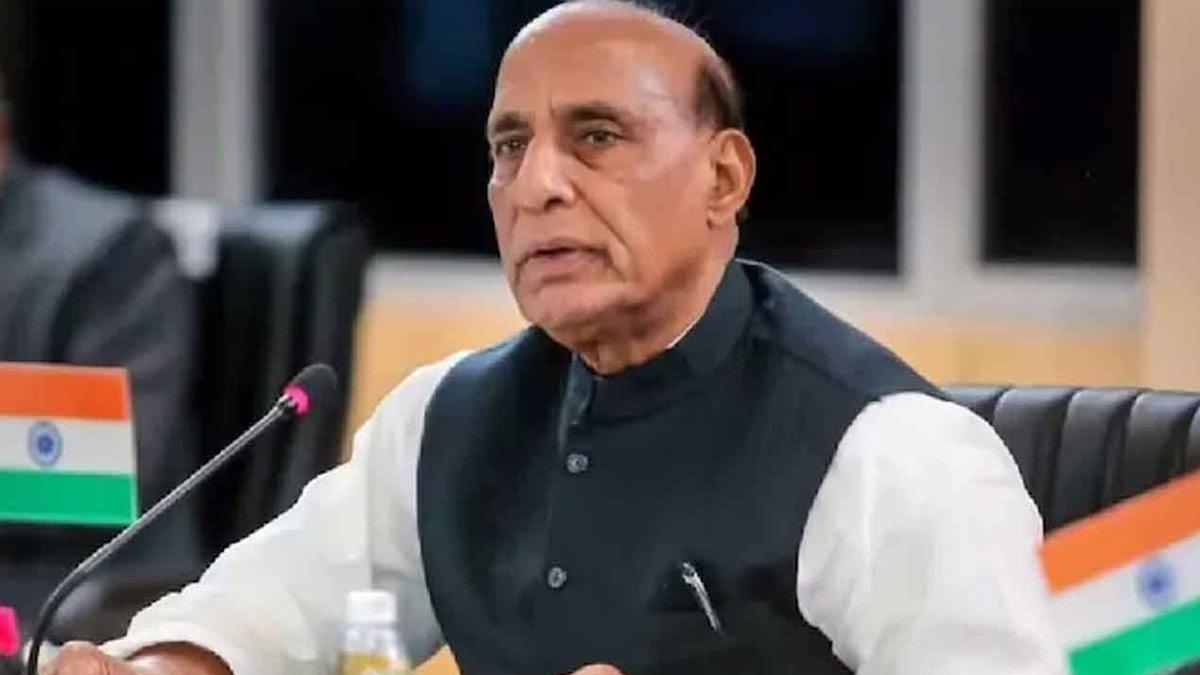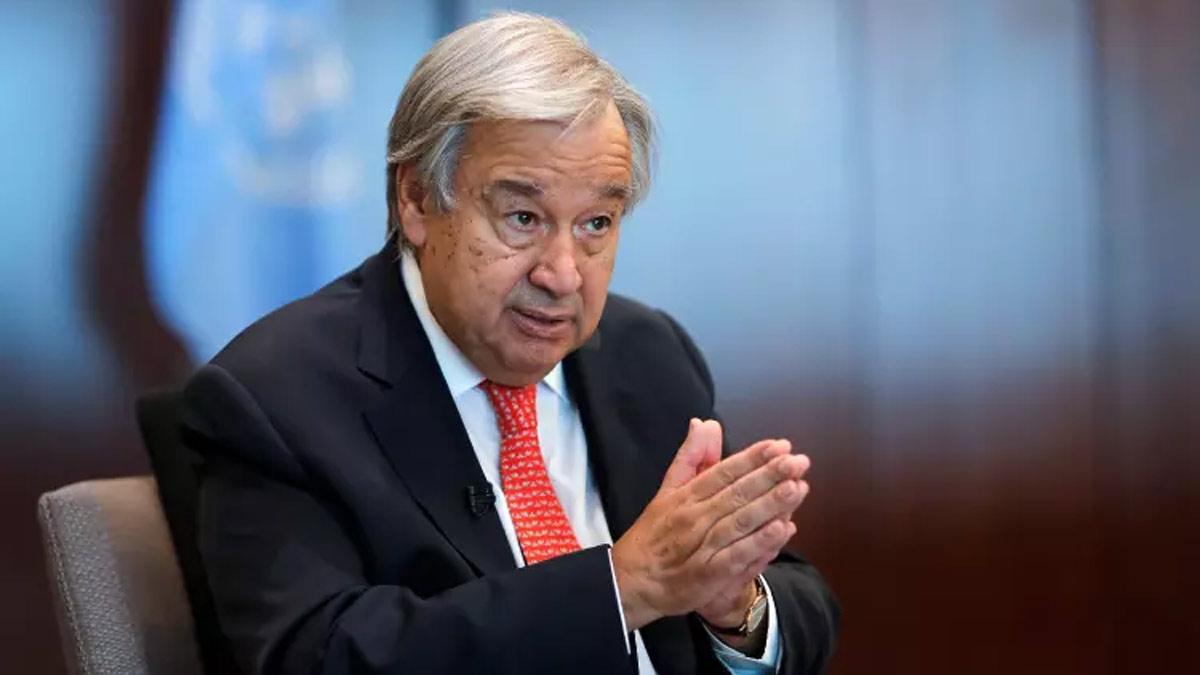In a significant blow to China's Belt and Road Initiative, Brazil has decided it will not join Beijing's multi-billion-dollar mega project and is exploring alternative ways to collaborate with Chinese investors. This marks the second country in the BRICS bloc after India to decline endorsing the project.
The decision was announced Monday by Celso Amorim, special presidential adviser for international affairs.
"Take the relationship with China to a new level, without having to sign an accession contract," he said to Brazilian newspaper O Globo. "We are not entering into a treaty," Amorim said explaining Brazil does not want to take Chinese infrastructure and trade projects as "an insurance policy."
Such a synergy would target connecting Brazilian infrastructure projects with parts of investment funds related to the Belt and Road through parts of the framework of the scheme, without having to be part of it, said the Hong Kong-based South China Morning Post, which quoted him. The Chinese, he said, "call it the belt [and road] … and they can give whatever names they want, but what matters is that there are projects that Brazil has defined as a priority and that may or may not be accepted" by Beijing.
The Post report said that such a decision is inconsistent with the Chinese plan of positioning a move of Brazil's decision to join the initiative into the heart of state visits of the Chinese president in Brasilia on 20 November. Officials at both Brazil's economy and foreign affairs ministries recently were oppositionists for the notion as said. The prevailing opinion in Brazil was that joining China's flagship infrastructure project would reap no short-term benefits for Brazil nor help make relations with a potential Trump administration easier.
Amorim and the president's chief of staff Rui Costa met with Chinese officials in Beijing last week to discuss the initiative. Sources said that they returned "unconvinced and unimpressed" by China's offers, the Post reported. Lula did not attend this month's BRICS summit at Kazan because of an injury, and his close associate and former Brazilian President Dilma Rousseff currently heads the Shanghai-based BRICS New Development Bank (NDB).
The BRICS initially consisted of Brazil, Russia, India, China, and South Africa. Egypt, Ethiopia, Iran, Saudi Arabia, and the United Arab Emirates have recently gained membership. Brazil is going to be the second BRICS member after India not to support the BRI. India was the first country that raised objections to this. It did not budge on its opposition to BRI, the pet project of Chinese President Xi Jinping to further global influence in China with investments to build infrastructure projects.
India has protested against China for developing the USD 60 billion China-Pakistan Economic Corridor (CPEC), which is claimed to be the flagship project of the BRI through the Pakistan-occupied Kashmir (POK) in violation of its sovereignty. India has also been vocal about criticizing BRI projects, stating that they should be in accordance with universally recognized international norms, good governance, and rule of law and principles of openness, transparency, and financial sustainability.
China then saw itself running into criticism that BRI projects in small countries like Sri Lanka, especially for its take over of Hambantota on a 99-year lease as a debt swap, have turned out to be debt traps leading to a deep financial crisis in the two small countries. According to Indian diplomats here, aside from not attending three annual high-profile meetings of the BRI in Beijing over the past few years, India has continued to express its opposition to it both at BRICS and Shanghai Cooperation Organisation (SCO).
Recently, US Trade Representative Katherine Tai pressed Brazil to look at the offer of joining BRI through an "objective lens" and "risk management." The Chinese embassy in Brasilia reacted sharply to the comments made by her calling them "irresponsible" and "disrespectful." China's state-run Global Times in its editorial on Monday termed comments by Tai against BRI as "steeped in the spectre of the 'Monroe Doctrine.'
"Brazil does not need others to dictate who to cooperate with or what kind of partnerships to conduct, and the normal economic and trade cooperation between China and Latin American countries should not be subject to scrutiny from third countries," it said. "Currently, the US is attempting to build a 'small yard, high fence' against China in Brazil and other Latin American countries," it said. "The cooperation between China and Brazil not only aligns with the interests of both countries but also meets the need for the Global South to build a more just and equitable international economic order.". It noted this was a trend that Washington could do nothing about.
Read also| Trump Positioned for Victory If Swing State Trends Persist, Says Poll Aggregator
Read also| Hamas and Hezbollah No Longer ‘Effective’ Proxies for Iran, Israeli Defense Minister

